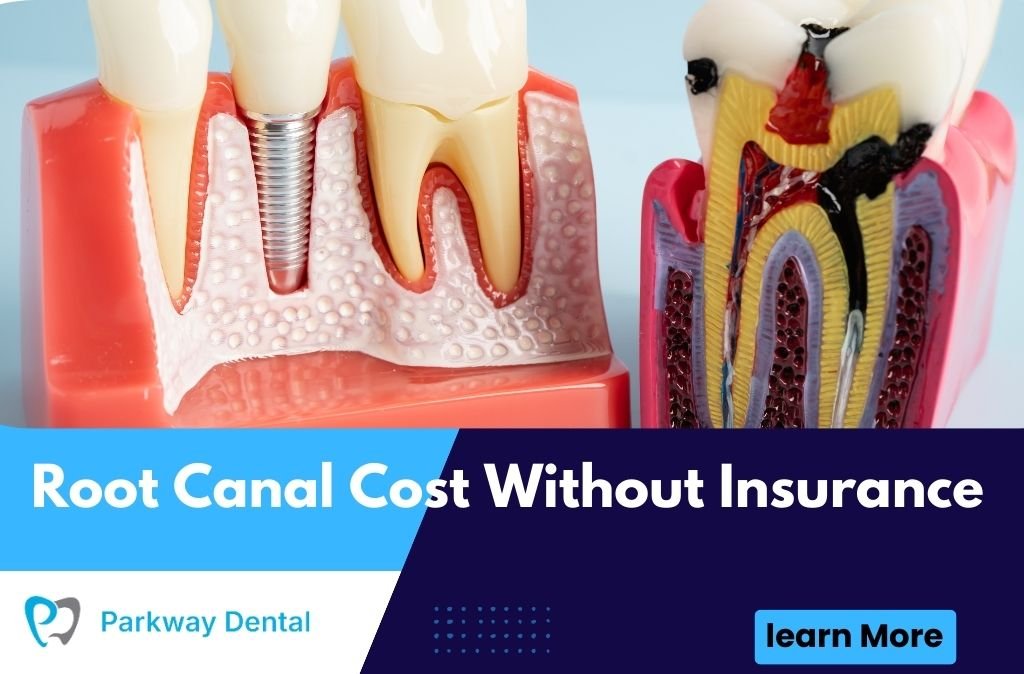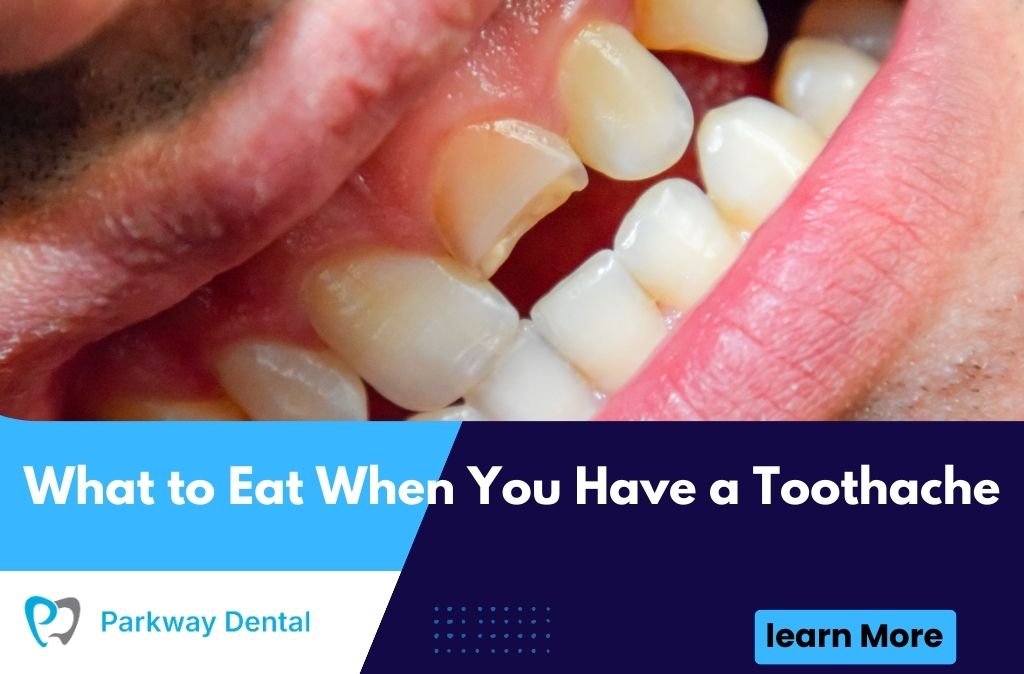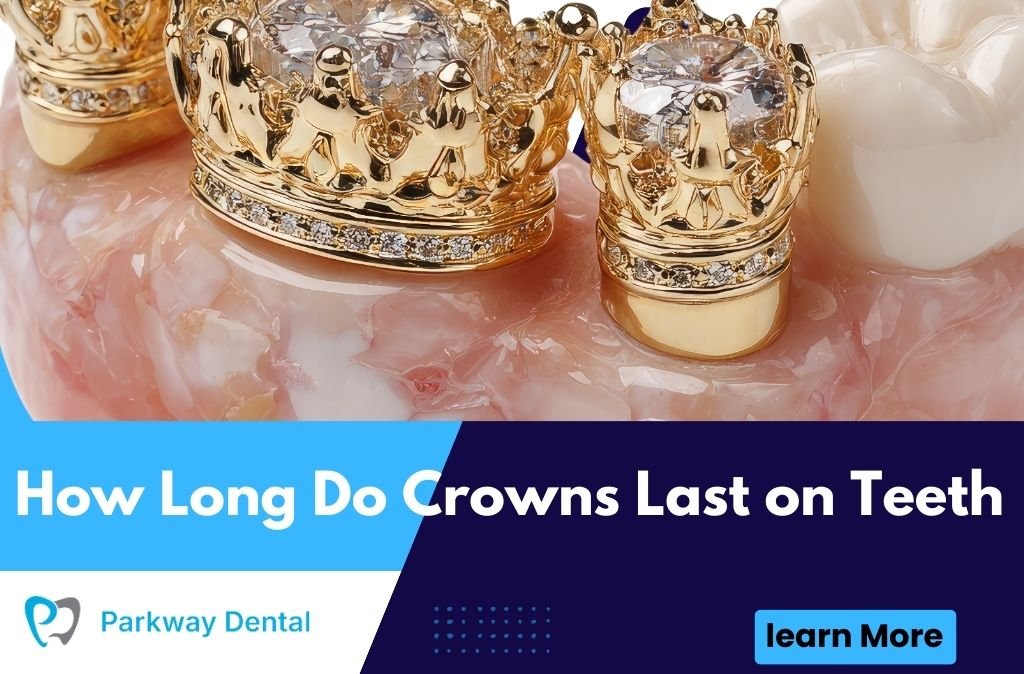Missing teeth can significantly affect not only your smile but also your ability to chew and speak properly. Dental bridges are a popular and effective solution to replace missing teeth, restore your bite, and improve your overall oral health. This article delves into the essentials of dental bridges, their costs, types, and comparisons with other dental restoration options.
Introduction to Dental Bridges
What is a Dental Bridge?
A dental bridge is a fixed dental restoration used to replace one or more missing teeth by literally bridging the gap between two teeth. The bridge is anchored to the natural teeth or dental implants on either side of the gap, known as abutments. The false teeth, called pontics, are then placed in between and are usually made from porcelain, alloys, or a combination of materials to blend seamlessly with your natural teeth.
Dental Bridges:
Dental bridges are essential for maintaining the integrity of your dental structure. They prevent the remaining teeth from drifting out of position, which can lead to bite problems and further tooth loss. By filling in the gap, dental bridges help distribute the forces in your bite properly, ensuring that you can chew and speak effectively. Furthermore, bridges can enhance your appearance, boosting your confidence and overall quality of life.
Cost of Dental Bridges
Dental Bridge Cost:
The cost of a dental bridge can vary widely based on several factors, including the number of teeth being replaced, the materials used, and the complexity of the procedure. On average, a dental bridge can cost between $500 to $1,500 per tooth. The type of bridge you choose (traditional, cantilever, Maryland bonded, or implant-supported) also influences the overall cost.
Cost of Dental Bridge:
Additional costs may include diagnostic tests, preparatory procedures, and follow-up visits. Dental insurance might cover part of the cost, especially if the bridge is deemed medically necessary. It is essential to check with your insurance provider to understand the extent of your coverage and any out-of-pocket expenses.
How Much Does a Dental Bridge Cost?
When budgeting for a dental bridge, it’s important to consider not just the initial cost but also potential maintenance and replacement costs. Dental bridges typically need to be replaced every 10-15 years, depending on the material and how well they are cared for. Regular dental check-ups and proper oral hygiene can extend the lifespan of your bridge.
Price of Dental Bridge Work:
The price can also be influenced by the geographic location of the dental practice and the dentist’s experience. It’s advisable to get quotes from multiple dental professionals and inquire about financing options if needed. Some dental offices offer payment plans or financing options to help manage the cost of treatment.
Types and Comparisons
Dental Bridge vs. Implant:
A common question is how dental bridges compare to dental implants. Both are effective solutions, but they have key differences. Dental bridges typically require less time to complete and are less invasive since they don’t require surgery. However, they rely on their surrounding teeth for support, which can affect their longevity.
Tooth Implant vs. Dental Bridge:
Dental implants, on the other hand, are surgically placed into the jawbone, providing a sturdy and long-lasting solution. Implants can last a lifetime with proper care, while bridges usually need to be replaced every 10-15 years. Implants also help preserve the jawbone, preventing bone loss that typically occurs with missing teeth.
Dental Implant Bridge:
For those who have multiple missing teeth, a dental implant bridge might be an ideal solution. This type of bridge is supported by dental implants rather than natural teeth, combining the benefits of both implants and bridges. Implant-supported bridges are more stable and can help preserve the jawbone, but they are generally more expensive and require a longer treatment time due to the surgical placement of implants.
General Information and Benefits
Bridge Dental:
Dental bridges are versatile and can be tailored to your specific needs. There are several types of bridges available:
- Traditional Bridges: These are the most common type and consist of one or more points held in place by dental crowns on either side of the gap. The abutment teeth need to be prepared by removing some of their enamel to make room for the crowns.
- Cantilever Bridges: These are used when there are adjacent teeth on only one side of the missing tooth or teeth. This type is less common and typically used in areas of the mouth that do not undergo significant stress from chewing.
- Maryland Bonded Bridges: Also known as resin-bonded bridges, these are made of a metal or porcelain framework with wings on each side that are bonded to the back of the existing teeth. This type is often used for missing front teeth and is less invasive than traditional bridges.
- Implant-Supported Bridges: These are used when more than one tooth is missing. Instead of being supported by crowns or frameworks, they are supported by dental implants.
Bridges Dental:
The primary benefits of dental bridges include:
- Restoring Your Smile: Dental bridges can give you a complete, natural-looking smile by filling in the gaps caused by missing teeth.
- Improving Chewing and Speaking Abilities: Missing teeth can make it difficult to chew properly and speak clearly. Dental bridges help restore these functions.
- Maintaining the Shape of Your Face: Teeth play a crucial role in maintaining the structure of your face. Missing teeth can cause the face to sag, making you look older. Dental bridges help maintain your facial shape.
- Preventing Remaining Teeth from Drifting: When a tooth is lost, the surrounding teeth can shift out of their proper positions, leading to bite problems and further dental issues. Dental bridges prevent this by filling in the gap.
- Distributing Bite Forces Properly: By replacing missing teeth, bridges help distribute the forces in your bite evenly, preventing undue stress on the remaining teeth.
With advancements in dental technology, bridges are now more durable and natural-looking than ever before. High-quality materials and modern techniques ensure that dental bridges blend seamlessly with your natural teeth, providing both aesthetic and functional benefits.
Conclusion
Dental bridges are an effective and popular solution for replacing missing teeth, offering both functional and aesthetic benefits. Understanding the types, costs, and comparisons with other dental restoration options can help you make an informed decision. Consult with your dentist to explore the best option for your dental needs and enjoy a restored confident smile. By investing in dental bridges, you can improve your oral health, enhance your appearance, and boost your overall quality of life.
For personalized advice and high-quality dental bridgework, consider visiting Parkway Dental, located in West Roxbury. Their experienced team can guide you through the process and ensure you receive the best care possible.






